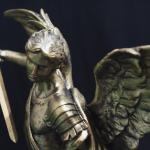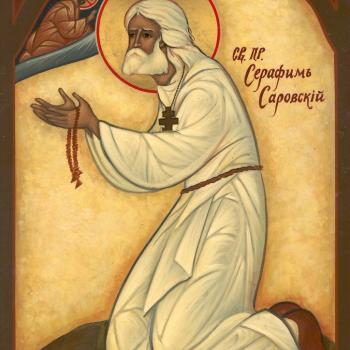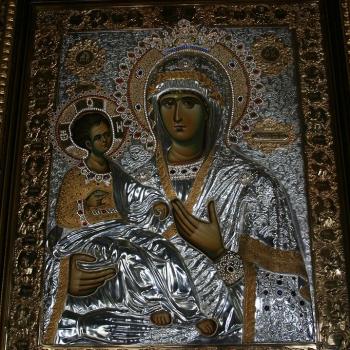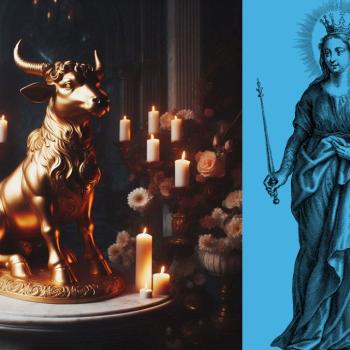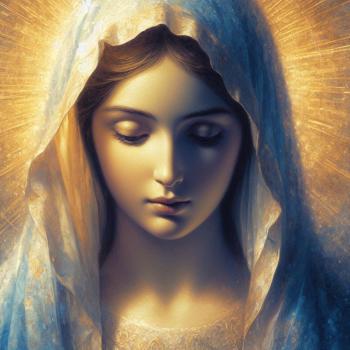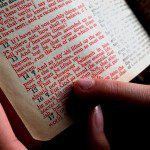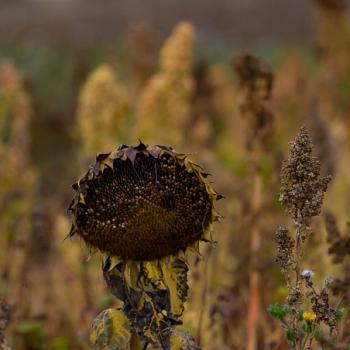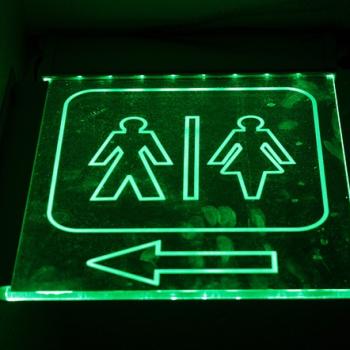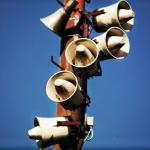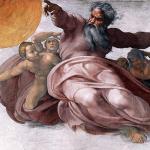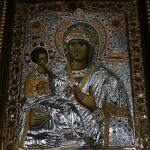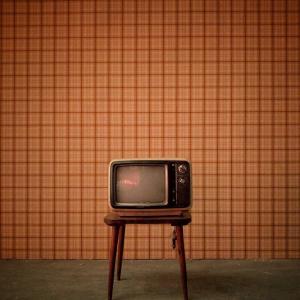
I just finished reading Apprentice in Wonderland: How Donald Trump and Mark Burnett Took America Through the Looking Glass.
I’ve avoided most of the book-sized hot takes on the presidency, but I wanted to read Apprentice in Wonderland, because its author, Ramin Setoodeh, did so many personal interviews with Donald Trump before and after his presidency– indeed, even before his presidency had even been anticipated. Now I’ve read it, and I’m feeling rather disgusted.
My disgust isn’t Setoodeh’s fault. Apprentice in Wonderland is not a bad book at all; in fact, it’s excellent. The prose is crisp and witty. The story moves along at a good clip while still providing the reader with plenty of information. It serves as a fun and informative little history of American television in the 2000s and 2010s, which my mind still stubbornly insists were only a few years ago. I didn’t ever watch The Apprentice or most other reality television shows, so a lot of the facts were new to me. I listened to the audiobook version and the narrator, Roger Wayne, does a spot on Trump impression for all of Trump’s lines. It was so entertaining that I got through the book in just two sittings.
On one level, Apprentice in Wonderland was almost a funny story, because Trump is often a comical figure– sometimes even on purpose. But in another, it’s terribly sinister.
It felt like a gut punch to listen to Trump sliding downhill from a narcissistic wealthy playboy with a certain shrewdness and mean-spirited charisma, into a delusional senile old man in the space of a few hours. It was even more sobering to be shown all the smoke and mirrors that fooled the public into thinking that he was ever a savvy businessman in the first place. It was horrifying to read about his unlikely rise to the presidency.
It’s dizzying to learn how such monumental choices as who should govern the richest and most powerful country in the world, can be influenced by a “reality” television show, which everyone ought to know isn’t real. A reality show is a type of game show made by taking human beings who want to be performers, putting them in a strange and stressful situation, filming hours and hours of footage of the people reacting to the situation–and then splicing a handful of those shots together in an order that tells a fun story in about forty minutes. Line up fourteen of those mosaics of little camera shots, and you’ve got a season. That’s what a reality show is. “Reality” doesn’t mean that everything you see is really happening just as it looks like in the final cut. It just means that the people in front of the camera aren’t usually professional actors reciting lines from a script. But it’s still a fantasy. An episode of Jeopardy takes about as long to film as the show you’re seeing on television, because there isn’t very much smoke and mirrors there. By contrast, the book mentions that the “boardroom” scenes at the climax of every episode of The Apprentice, which took a few minutes or less on the show itself, actually were about four hours long each time. That content was carefully sifted to tell the narrative the showrunners wanted to tell. They wanted to tell the story of people fighting for the approval of a savvy, clever businessman, and they were successful. America paid the price.
There’s nothing unusual about tracing the rise of a political figure in history through the art that existed in the culture. In fact, it’s perfectly traditional to learn about history through studying art. That’s how most ancient history is taught and learned, after all. For much of human history, we don’t have a written record, so we look at photos of paintings and carvings. When we’re able, we translate their texts and learn their myths. We act out new stagings of their plays. As you get closer and closer to the present day, again, you study the arts of a culture when you study its history. When you learn about Queen Elizabeth the First, you learn about Shakespeare plays and about Edmund Spenser. Everybody who’s studied World War Two in any depth can tell you about Loony Toons and Leni Riefenstahl. I still remember Pofessor Pepperell rolling the television cart into the classroom and showing us Doctor Strangelove for one of his classes on the Cold War in undergraduate, and that’s a great way to learn about the Cold War. Apprentice in Wonderland is a book of far more recent history, doing a similar thing. It traces the rise of a would-be despot through the works of art he helped create and the artists who knew him. And the art in question is terrible art. Reality shows in general are bad art. The Mark Burnett oeuvre is the trashiest art imaginable. This trashy art played a role in deciding the presidency of the United States. For all I know, it will have played a role in the total destruction of our democracy.
What does that say about our democracy?
A democracy is only as good as its people. What does it say about us?
I don’t think it’s possible to blame America’s trip down the rabbit hole on reality television alone, obviously. It only takes a little study of American history to see that we’ve had something like this coming for a very long time. Trump didn’t invent the MAGA movement. He appropriated the forces of white Christian nationalism, combined them with his cheesy personality and his false reputation as a good businessman, and rode them to the nation’s highest office. Somebody was bound to do that at some point.
Still: in the aftermath of any emergency, we evaluate the things that went wrong. And emergencies are rarely caused by just one thing. Usually, there’s a number of things that tipped the balance. A fatal house fire is not just the fault of the faulty wiring; it’s also that there were no smoke alarms, and someone fell asleep with the space heater on. One driver is usually at fault in a car accident, legally speaking, but often the accident wouldn’t have happened if not for rush hour traffic or if the other driver had taken an extra moment to look. Many things are gravely wrong with our country. It seems that of the things that has been wrong for a very long time, one is that a critical mass of voters don’t understand that things they see on “reality television” aren’t real.
I don’t know what we can do to combat this.
I have more questions than I have answers.
I wonder what makes a narcissistic personality like Trump’s so magnetic and fun to watch in the first place– and this phenomenon isn’t the fault of reality television. People have been drawn to narcissists and their bizarre sadistic charisma for as long as people have lived in communities. Reality television only exploits that fact by so often making an angry, abusive person who screams at and insults the contestants a beloved household figure with whom we develop a parasocial relationship. It can be mesmerizing. I used to love to see Chef Ramsey bawling people out on Hell’s Kitchen.
I wonder what makes people think that being a fun, mesmerizing person makes you a person who is qualified for political office. I can’t wrap my brain around that one. I enjoyed watching Chef Ramsey. But if he’d somehow been eligible, would I have voted for him for president? Have we, as a nation, decided that elections are just another kind of game show? Do we need to take a huge step back and educate ourselves on all the responsibilities an office like the presidency has, and what can go wrong if he’s too busy being a celebrity? Maybe we should look back at 2020?
I wonder why the very people who are so taken in by a reality television show that they assume it’s real, are the very people who look at the actual network TV news as “fake news.”
Are we, as a nation, really this silly?
Apparently we are.
I certainly hope we’re never this silly again.



